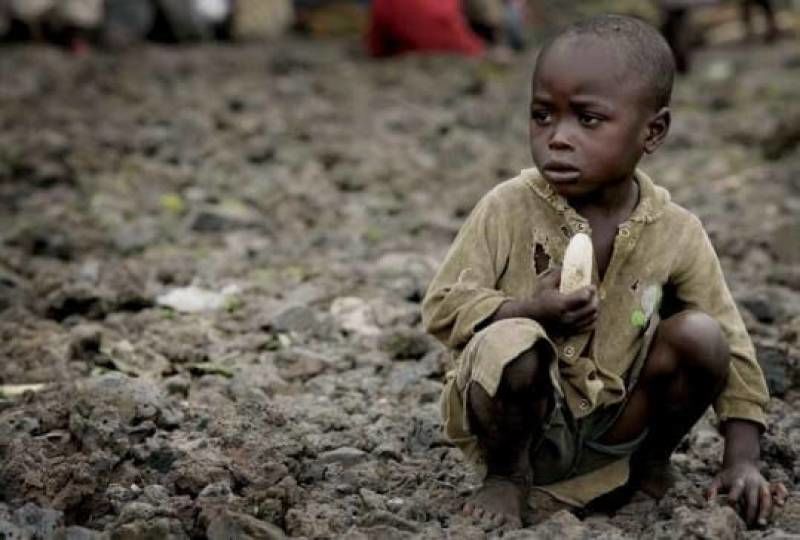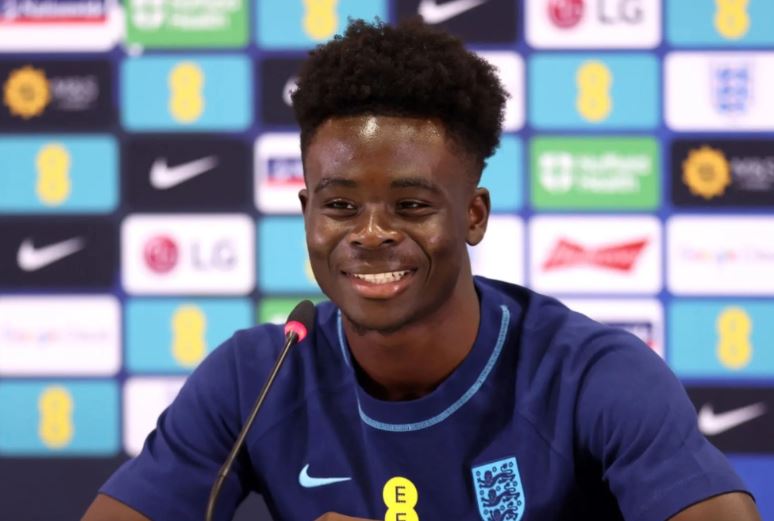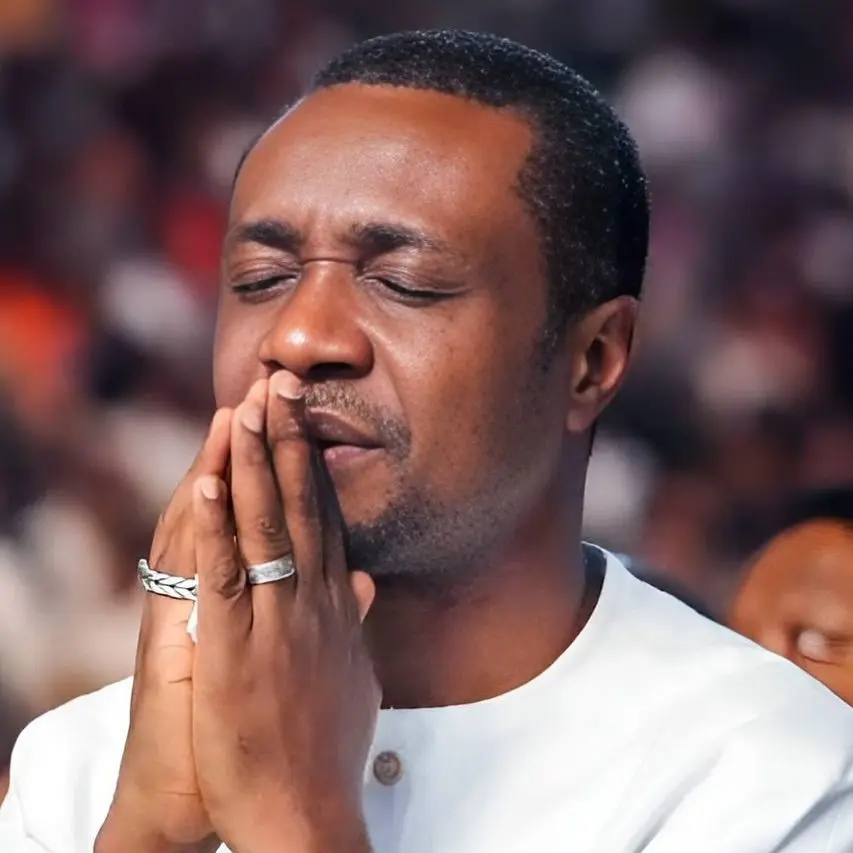Nigerians are getting poorer despite the country’s slow recovery from recession and economic reforms are urgently needed, the International Monetary Fund has said.
The Fund expects the government to “muddle through” in the medium term, and any progress could also be threatened if elections next year consume political energy and resources, it said in a report seen by Reuters on Wednesday.
Since emerging from recession in the second quarter of 2017, Nigerian officials have repeatedly boasted that they have set the economy back on track.
But critics say much of the recovery comes from a return to oil dependence after a rise in global oil prices and a rebound in crude production, more the result of militants in the Niger Delta halting attacks on oil facilities than of economic policy under President Muhammadu Buhari’s administration.
The IMF said in the report that the outlook for growth had improved but remained challenging.
“Comprehensive and coherent” economic policies “remain urgent and must not be delayed by approaching elections and recovering oil prices,” it stated in its annual Article IV review of Nigeria’s economy.
“Higher oil prices would support a recovery in 2018 but a ‘muddle-through’ outlook is projected for the medium term under current policies, with fiscal dominance and structural constraints leading to continuing falls in real GDP per capita,” the IMF added.
In the report, it identified risks to growth, including additional delays to implementing policies and reforms ahead of the 2019 elections, security tensions, and oil prices, a fall in which could see capital flows reversed.





















